“EMDR Therapy can be a genuine lifeline, freeing you of trauma and emotional pain.” – Dr. Michael Haggstrom
In this article
Breaking Chains: EMDR Therapy’s Liberation from Past Trauma, Anxiety, and Depression
Michelle has emerged victorious against cancer. Yet, her fear of cancer’s return haunt her and prevent her from feeling positive about life.
Then there’s Ryan. His childhood abuse still casts a dark shadow. It manifests as depression, uncontrollable anger and increased reliance on alcohol.
Jenna is currently grappling with divorce. Her self-esteem is plummeting and she’s questioning her capacity to heal.
Alex’s car accident has left him triggered. Every time he gets back into a vehicle he feels anxious, afraid it will happen again.
Then there’s Dave, a military veteran haunted by experiences abroad, his sleep held hostage by indelible painful memories.
EMDR Therapy: Eye Movement Desensitization and Reprocessing
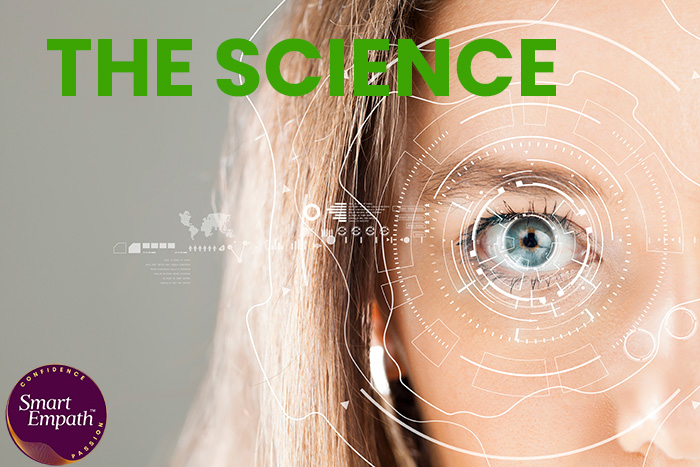
Enter EMDR Therapy (Eye Movement Desensitization and Reprocessing), a revolutionary therapeutic approach pioneered by Dr. Francine Shapiro, Ph.D.
This specialized technique holds the power to reshape memory processing and help clients navigate through the realm of painful experiences.
The magic lies in its use of eye movements. Yes you heard this right. You see, the eye movements help orchestrate a symphony within the brain – specifically the hippocampus – that enables the transformation of traumatic memories. Whether it’s a car accident, abuse, violence, emotional pain, grief, or disaster, EMDR has been proven to be highly effective.
Going beyond conventional psychotherapy, EMDR Therapy focuses less on talk and more on a transformative process. Guided by a skilled therapist, clients embark on a journey of memory processing until the trauma’s grip begins to ease.
Recognition and Validation
What’s the science behind this magic? Well, those bilateral side-to-side eye movements? They’ve been found to supercharge memory processing. Picture it like the mind’s version of rapid-eye movement (REM) sleep – when we dream, our brain sifts through the day’s events. EMDR does this in a waking state. It’s not hypnosis. You are fully conscious and an active participant in the memory processing experience.
And EMDR Therapy isn’t some rogue technique. It’s been approved by the US Department of Defense and by the American Psychiatric Association. EMDR has obtained official recognition as an effective treatment for post-traumatic stress disorder.
EMDR Therapy can step in to break the pain cycle. It’s like a disruptor that silences the noise, allowing peace to once again reclaim the stage in our minds.
WATCH THIS VIDEO. EMDR Explained – NEWS NBC REPORT
A Genuine Life-Line Toward Getting Your Life Back
For the trained clinician, EMDR isn’t just an acronym. It can be a genuine lifeline. And the approach is simple: 1) transform the pain, 2) recreate peace, so you can 3) harness renewed energy to take on the rest of your life.
Remember, a trained therapist is there first to listen – to your story, your struggles, and your aspirations. To connect with you, understand you and guide you without judgment. Then, you can explore EMDR Therapy to work at getting the relief and freedom you’re looking for.
“The greatest joy of a trauma therapist is seeing clients who’ve suffered, finally find the peace they deserve.”
– Dr. Michael Haggstrom
Comprehensive Trauma Treatment
Here’s the bottom line – EMDR Therapy can be your ticket to untangling the knots, unlocking a fresh start. But remember, not all EMDR experiences are the same; and EMDR isn’t for everyone. It’s like choosing the right instrument for a melody. Success often hinges on the expertise of the practitioner.
So how do you choose an EMDR therapist?
Well, that depends on what you’re looking to get treated with EMDR. You see, EMDR therapists are also trained in other areas. So, when you interview therapists, ask them about their additional expertise.
For example, therapists can get extra training in:
Mental Health: generalized anxiety, depression, addictions, phobias, self-esteem, image issues, eating disorders, social anxiety, anger management
Relationship Issues: family dynamics, codependency, dating, grief, loss of a loved one, sex therapy, insecure attachment, separation and divorce
Trauma / PTSD: vehicle accidents, natural disasters, mental and psychological abuse, discrimination, assault, sexual abuse, childhood trauma, narcissistic abuse, betrayal trauma, childhood trauma
You see, it can help you feel more confident in choosing a therapist when you also know they have expertise in your area of need, alongside the clinical skills of EMDR Therapy.
Someone you can trust
And remember, you’re not just hiring a therapist; you’re hiring a fellow traveller on your journey toward freedom and peace.
This needs to be someone you feel comfortable confiding in, someone who’ll know how to work with you on the most intimate details of your life.
If you don’t jive with your first therapist, then know that it’s okay to find someone else who’s a better fit.
So, if you’re ready to seek treatment with EMDR Therapy, ask around in your community to be referred to someone qualified. Or, do a google search to see what comes up.
Again, EMDR isn’t for everyone, but it just may be the lifeline you’ve been looking for to get the relief you need.
– Sincerely, Dr. Michael Haggstrom, EMDR and Sensorimotor Psychotherapy trained
EMDR Therapy Quotes
EMDR Therapy Sources
Eye movement desensitization and reprocessing (EMDR): Evaluation of controlled PTSD research. Journal of Behavior Therapy and Experimental Psychiatry. Francine Shapiro. Elsevier. September 1996.
Eye Movement Desensitization and Reprocessing (EMDR) and the Anxiety Disorders: Clinical and Research Implications of an Integrated Psychotherapy Treatment. Shapiro, F. (1999). Eye movement desensitization and reprocessing (EMDR): Clinical and research implications of an integrated psychotherapy treatment. Journal of Anxiety Disorders, Volume 13, Issue 6, November–December 1999, Page 621
An investigation of eye movement desensitization and reprocessing (EMDR) as a treatment for posttraumatic stress disorder (PTSD) symptoms of Vietnam combat veterans. James A. Jensen. Behavior Therapy. Elsevier. Spring 1994
Shapiro, F. (1989). Efficacy of the eye movement desensitization procedure in the treatment of traumatic memories. Journal of Traumatic Stress, 2, 199-223.
EMDR Post Comments:
10 Comments
Share This Story ➡️
Share your thoughts:
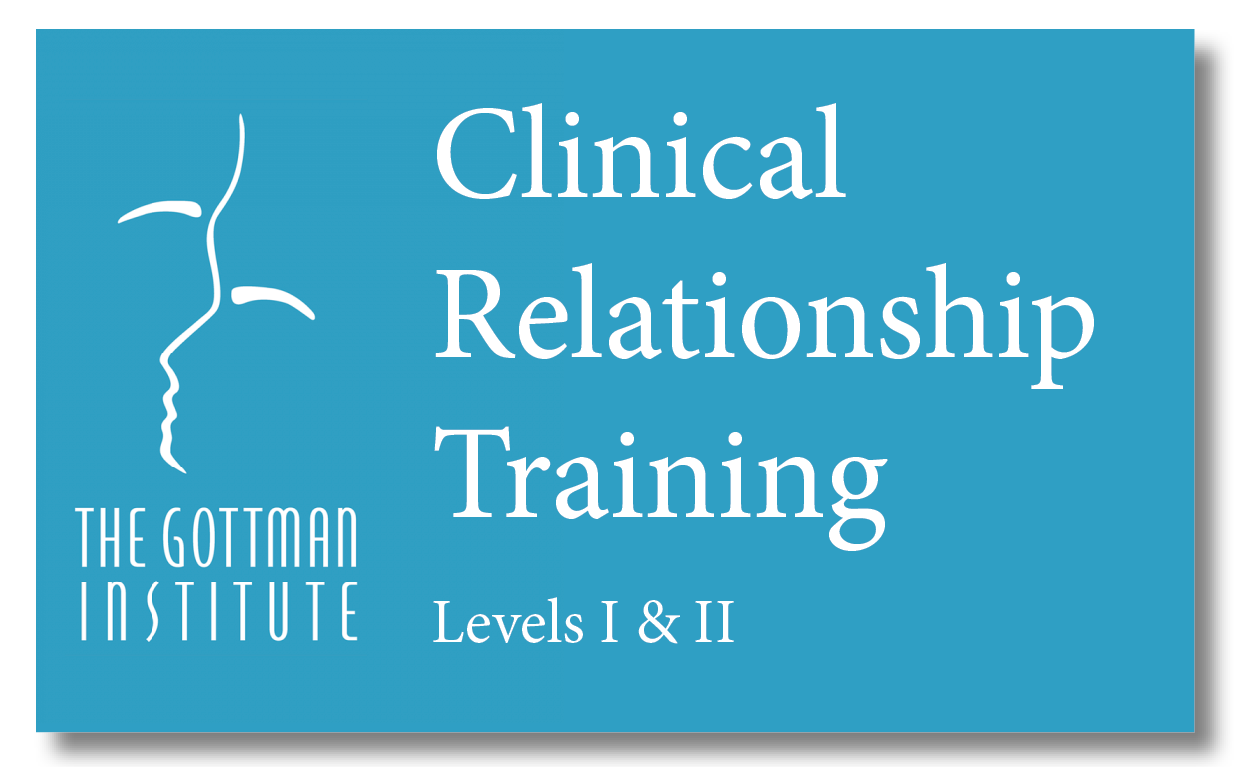
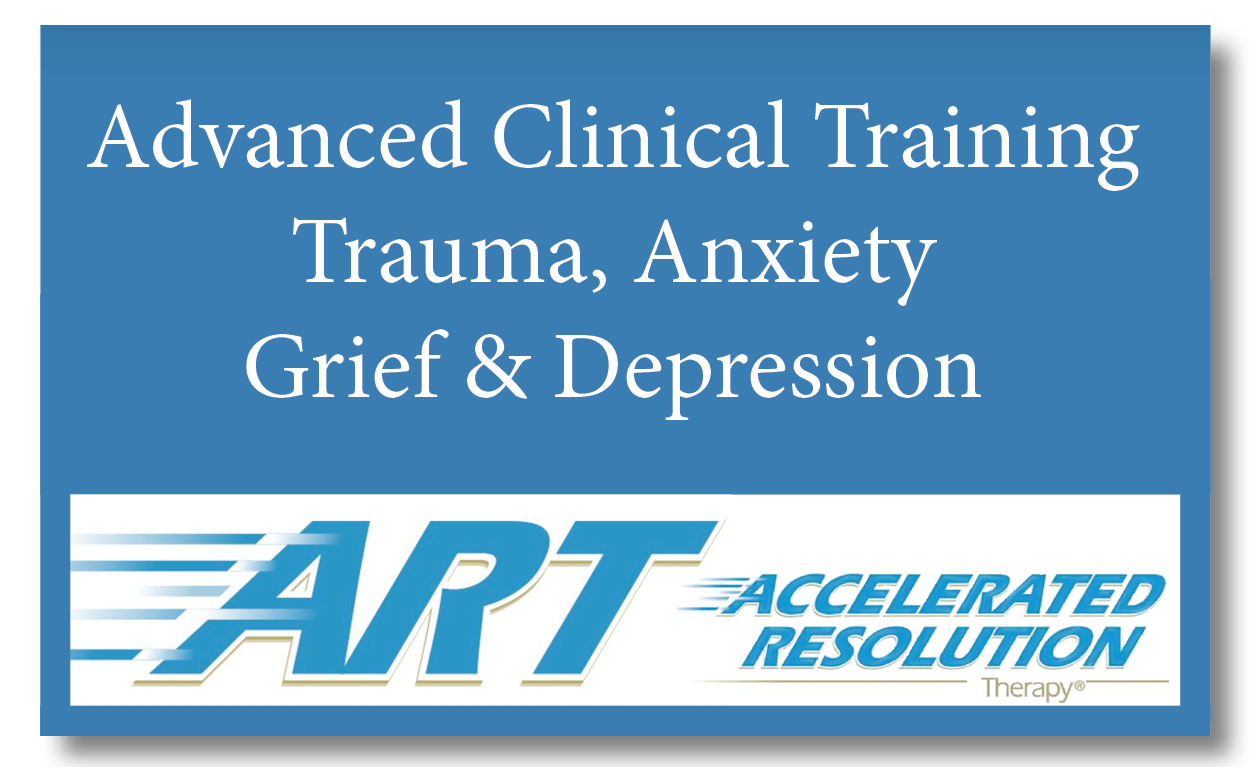

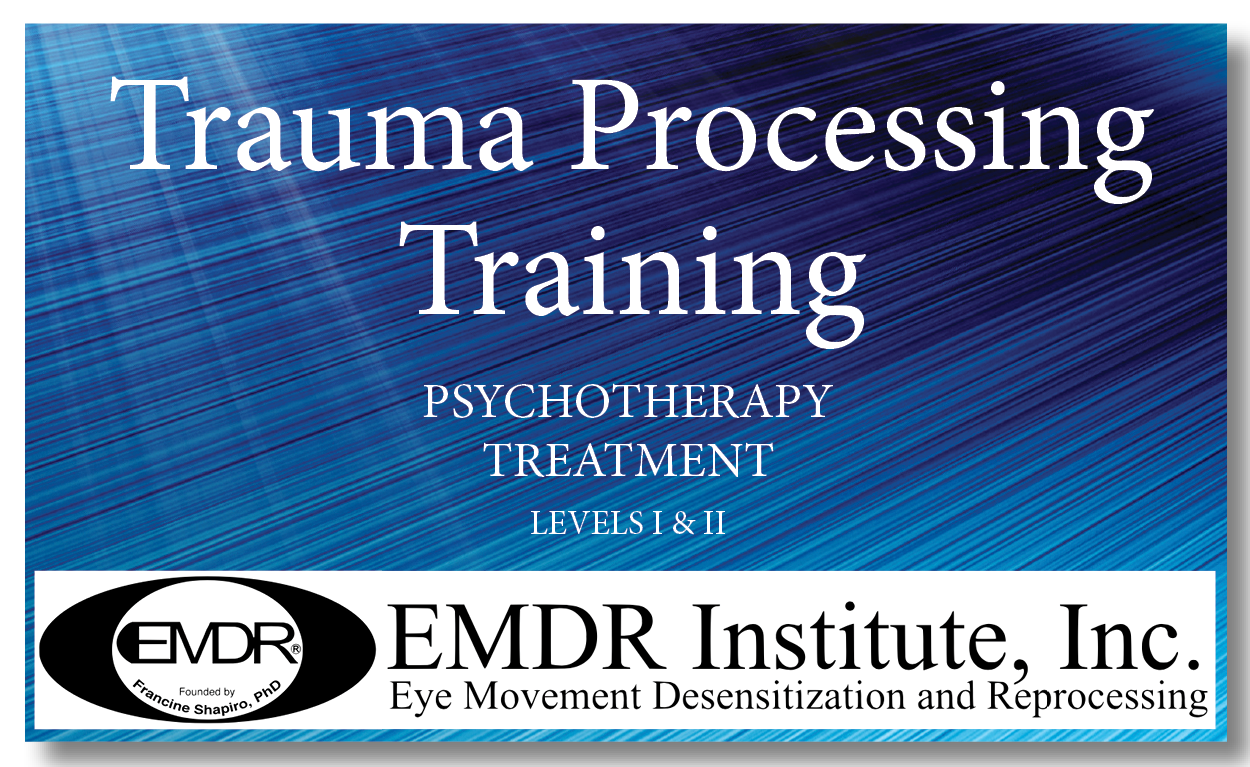




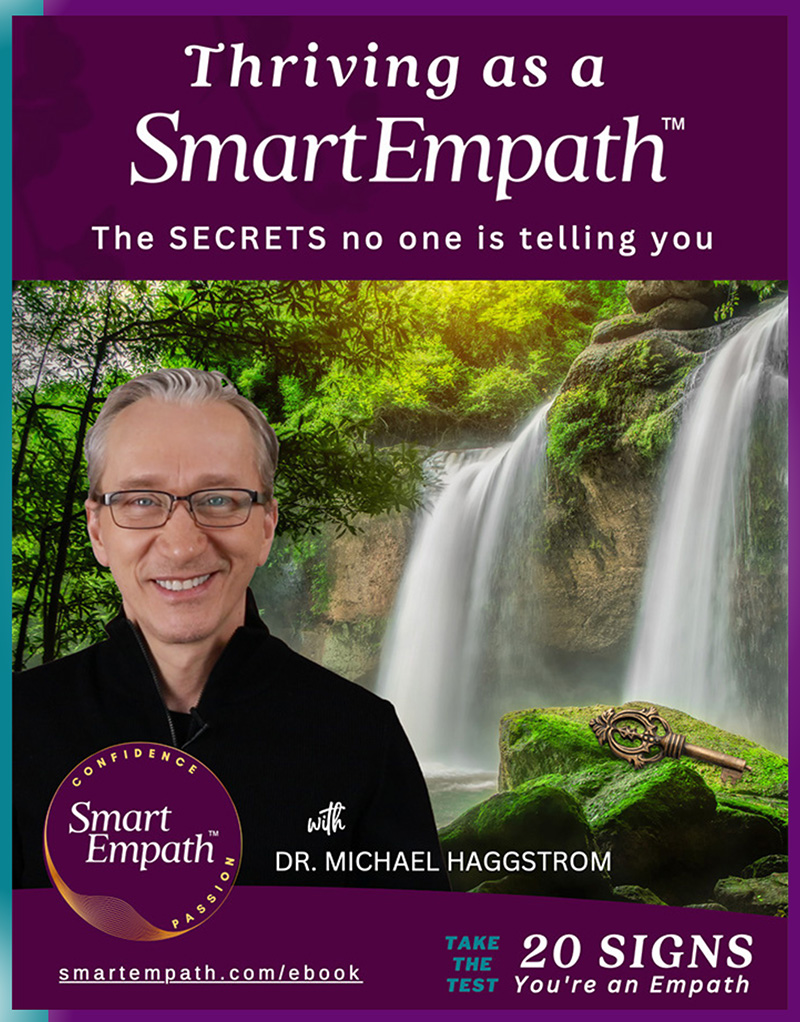









I had EMDR therapy for anxiety and trauma. I was skeptical at first but after a few sessions I felt relief. After a year the peace is still there. It was the best thing I ever did! I’ve tried to tell a friend about it, but she doesn’t seem interested. Maybe it’s not for everyone. I hate seeing her suffer though. Her boyfriend ended their relationship in a really bad way and she’s depressed all the time. I think EMDR could help her heal. How effective is it for what she’s going through?
Hello Alex, I’m happy that you found EMDR to be so helpful and that the results have lasted. We see that all the time with the EMDR trauma memory processing method. As for your friend, it’s hard to see someone suffering needlessly. Perhaps what she most needs right now is just a friend who can listen to her. Be that friend for her. EMDR can of course help to shorten the time she would need to heal and if you notice that she’s still hurting in a few weeks or months, then suggest professional help again. However, right now she may mostly need your friendship. Reach out to her. Listen to her and also get her out with others to have some fun. Isolation may only serve to accentuate her pain. You have a great heart Alex. All the best! – Michael
I was abused online and it still affects me. Three girls sent mean messages for months telling me I should die and they photoshopped a fake picture of me that ruined my reputation. It was sent to kids at school. I lost my friends. I’m adult now. I struggle to trust. I walk with my head down. A guy is wanting to date me. He seems nice but I’m afraid.
How can I heal and trust? Is what happened to me trauma? Can EMDR therapy help me?
What you experienced Alisha is abuse and must have been very traumatic. I’m sorry you went through that.
Yes, I believe that EMDR therapy can help you. If you don’t find a way to put the trauma behind you, you will always be haunted by it and it will continue to prevent you from thriving. You did not deserve the treatment from these girls and the other kids at school. EMDR can be an effective method to help your mind and body no longer carry the effects of the trauma you experienced.
So many children and teenagers experience bullying of all kinds. I have worked with many clients who struggled like you did. They often struggled alone. It will do you good to find a therapist you connect well with, someone who is competent and compassionate. You don’t need to be alone anymore in how you feel.
Don’t be surprised if anger surfaces during therapy. Often during the traumatic experiences, our anger impulses get suppressed because we feel we had to submit to the abuse as a means to survive, to not get hurt even worse. It’s okay to have anger toward what happened to you. It will help you move from being a victim, to being a survivor and finally to someone who can thrive and let it all go. Your therapist will guide you through the process of healing.
I wish you well Alisha. Remember to be kind to yourself as you seek ways to heal. You are worthy of walking tall. Best!! – Michael
My daughter suffered the loss of a grand parent and a much loved Aunt at the age of 14. Earlier at the age of 3 another aunt committed suicide. This lead to years of turmoil. At age 1x she was diagnosed with boarderline personality disorder. She has been in DBT for 18 months. There has been progress, but not a lot. Would EDMR help?
Hello John,
I am sorry to hear of how much your daughter has struggled. EMDR may be able to help. I’d suggest getting in to see someone who is very experienced and well trained in trauma and PTSD, along with borderline personality disorder. DBT is a very good treatment model but can take a lifetime to apply and learn, so patience is required. There is no quick fix for BPD. Your daughter will need lots of help, love and support for a very long time.
It may also be needful to look at attachment history and attachment trauma for her as the multiple losses of loved ones can be a more complex type of trauma since it involves bonding.
I wish you and your family well.
Most sincerely,
Michael, EMDR Therapist Calgary
My daughter is anxiety ridden, and heights is one fear. Someone did emdr in minutes and she was cured. I’m skeptical that it was real ended, can it be that fast? If so, I’m going to seek this therapy to deal with childhood sexual abuse, it’s affecting everything lately and there are things I don’t remember, I just wake up mid sleep with a feeling of dread, that someone’s going to come in. Will it help?
Hello Deb,
I’m happy to hear about your daughter. Yes, EMDR can be that fast.
It will depend on how good the therapist is as well and also what is being treated. Not every issue will be dealt with that fast and also EMDR won’t resolve every issue on its own. Sometimes you may need other forms of therapy to complement the EMDR process.
You are experiencing the startle response from trauma that can remain very long after the initial trauma. Your mind and body have not yet registered that you are safe today, so together they retain a survival mechanism to keep you on edge in trying to prevent you from getting hurt again. It’s a primitive side of the brain where talk therapy alone is often very limited and not as effective at resolving. Methods like EMDR, Sensorimotor Psychotherapy and Accelerated Resolution Therapy have proven to get better results.
I wish you well as you explore this kind of therapy for yourself and see what it can do to help put the past where it belongs… in the past.
Best to you!
Michael Haggstrom, EMDR Therapist Calgary
Hello Doctor Michael,
I heard that a new method that also uses eye movements called Accelerated Resolution Therapy ART is having even better results than EMDR. Have you heard of it? I did EMDR years ago and I found it effective but my body still gets some tension around the triggers for the trauma I processed with EMDR. Do you think something like ART would help with that part? Or, do you know of another therapy that can also help?
Hello Melissa,
EMDR can indeed be a powerful method that helps the brain heal from past traumatic experiences. I think you are right in also wanting to explore Accelerated Resolution Therapy, ART.
I too heard amazing stories of how effective it was. So, I got trained in ART as well to add to my own toolkit as a therapist. EMDR, ART and Sensorimotor Psychotherapy are all powerful methods to help heal trauma at its root source.
WHAT I HAVE FOUND is that ART has some advantages over EMDR. For example, ART focuses right away with first getting rid of the negative physical/emotional sensations that remain from past trauma, without needing to talk much about what happened. Further it is very focused on only one scene at a time, not on the entire trauma.
WHERE TALK THERAPY can often re-traumatize the client, these three methods: EMDR, ART and Sensorimotor Psychotherapy help clients to only focus on a small part of the trauma at a time and process out all of the negative aspects of the trauma at a very deep level (such as the negative images, emotions, physical sensations, smells and sounds) until they become neutral, and without needing to talk about every single detail of what happened.
WHAT I LIKE ABOUT ART is that it also uses a method called “Voluntary Image Replacement”, which not only seeks to bring the negative memories to neutral, but engages the brain’s creative centres to recreate a different narrative with positive images, that in effect replaces the past trauma. These new positive images surface naturally once the negative has been resolved.
FOR EXAMPLE, I worked with someone from the military who couldn’t get the violent memory of his closest friend’s death out of his mind. With ART he was able to bring the trauma to neutral, then he replaced it organically with a positive new scene of his friend laughing and joking with him over beers. This client’s wife told me he hadn’t laughed in over 10 years since the trauma and that after this session he was laughing all over again just like he used to. I saw the client for a follow up three months after and there was no recurrence of any negative triggers. He said, “I finally feel free and I got the good memories of my best friend back”.
IN THE END, I’d like to suggest that you follow your intuition. Only you can decide if a method is right for you.
HEALING from past pain is a very personal journey. I don’t think there is any one way to heal. Sometimes we may also need to use many different means to heal. Not everyone’s journey is the same.
I wish you well Melissa in your healing.
Sincerely,
Dr Michael Haggstrom, Calgary EMDR Therapy, ART Accelerated Resolution Therapy & Sensorimotor Psychotherapy